The newly announced The Legend of Zelda: Echoes of Wisdom, starring the princess of Hyrule herself, has been met with pushback online by gamers who are upset that The Legend of Zelda series has gone “woke.” This is an unthinkable move by Nintendo, the company behind Samus of the Metroid franchise.
The point of contention isn’t Zelda’s existence — after all, she has been a powerful character throughout the history of The Legend of Zelda franchise, wielding different weapons and using incredible magic to help Link defeat Ganondorf. The problem vexing select male gamers about Echoes of Wisdom is that they’re being asked to step directly into Zelda’s position for once, a psychological leap that feels discouraging when Zelda — or any other female character — has been disregarded as having equal importance to the narrative.
It doesn’t matter if Link has reigned as the main protagonist for 20 other Legend of Zelda games (not even counting remakes and spin-offs); the presence of a single game with Zelda as the playable hero 40 years after the series was named after her is deemed as “woke nonsense” and “pandering.”
Legend of Zelda Has Always Been Woke
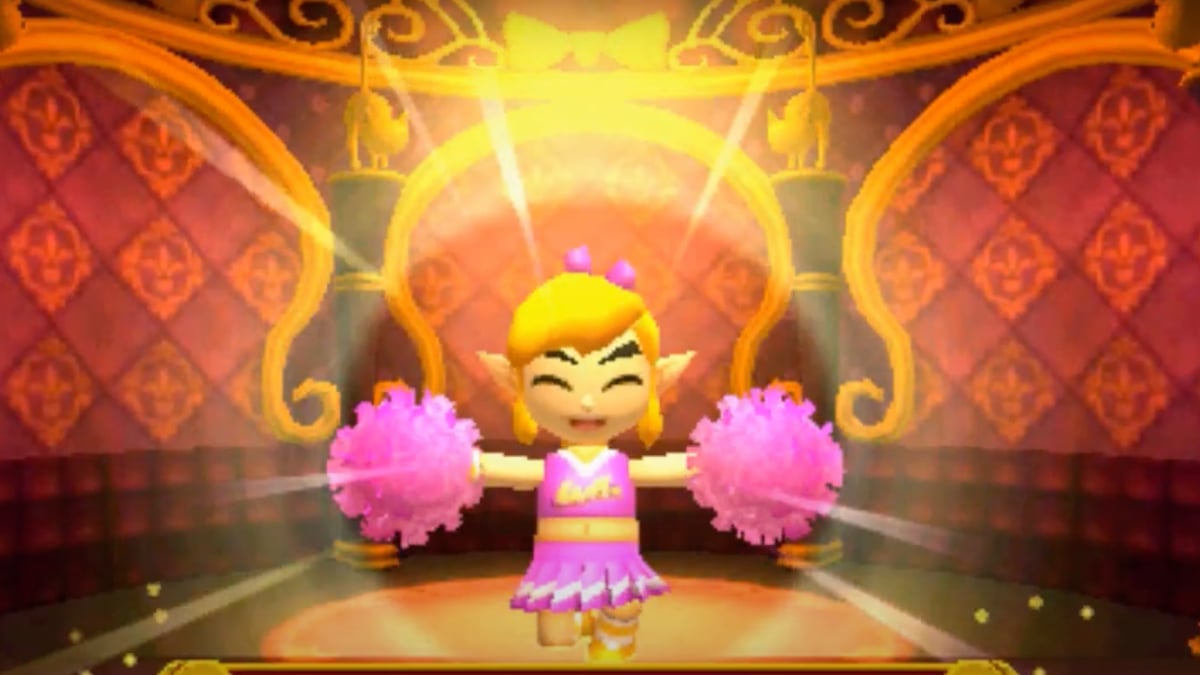
In 1998’s Ocarina of Time, perhaps the most iconic Zelda game of all, Link was purposefully designed to appear androgynous. Zelda producer Eiji Aonuma stated in an interview with Time that he “really wanted the designer to encompass more of a gender-neutral figure” so that “anybody would be able to relate to the character.”
Link also cross-dresses on occasion and has no qualms doing so; in fact, he seems rather pleased with himself if his happy blush and bashful swaying in the Gerudo outfit in Breath of the Wild is any indication. Tears of the Kingdom introduces the Cece hat, complete with pink hair and lipstick, while the open-backed Frostbite armor gives Link a set of painted nails. And, in the Tri Force Heroes 3DS game, Link can wear ensembles such as Cheer Outfit, Queen of Hearts, and Legendary Dress (modeled after Zelda). This is not a hero who gets caught up in gender norms or what type of man he’s “supposed” to be. Zelda’s own immense power doesn’t make Link feel insecure in his masculinity, and he respects different cultures, learning and adapting to other lifestyles rather than attempting to conquer and remake them.
Likewise, Zelda was rarely concerned with playing the traditional role of damsel in distress. Her character has undergone all types of exploratory routes, from the tomboyish pirate leader Tetra in Wind Waker to Ocarina of Time’s enigmatic Sheik. In Tears of the Kingdom, Zelda even sacrifices her humanity for the betterment of her realm and undergoes a painful transformation into an immortal dragon. Is it truly shocking that fans want the chance to play as the heroine for once?
A Zelda-Centric Game Isn’t a New Idea
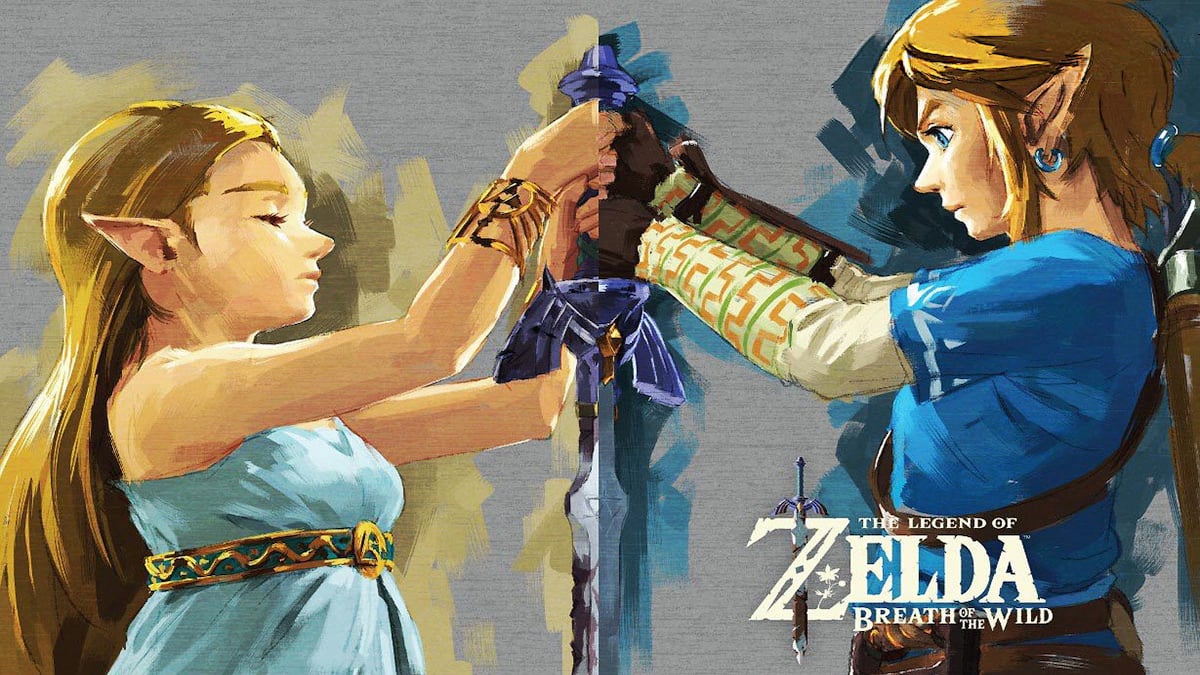
Echoes of Wisdom is not a product of modern “woke” demands; in fact, it’s not even the first time a Zelda-led game has been created. Almost 30 years ago, 1995’s Zelda’s Adventure released shortly after the first two Zelda games and positioned Zelda as the heroine. Unfortunately, the game turned out to be a massive failure due to issues like clunky controls, excruciating loading times, awkward live-action cutscenes, and other poorly designed elements that rendered the game practically unplayable. Both the company and the game engine used to create the game were different from the previous two titles, and claims were made about a lack of budget.
In the 40-year history of the Zelda franchise, Zelda has only been a playable character for select scenes in games like Spirit Tracks and is available to play in fighting games like Smash Bros. and Hyrule Warriors. Excluding Zelda’s Adventure, she has never been the main character of her own series, wasting endless potential.
Today’s GamerGate
Misogyny in the games media industry is nothing new. The comments section of large-scale annual games showcases is rife with harassment toward women presenters, and games starring women are immediately shot down or criticized due to their leading role. Twitch streamers are routinely called slurs and targeted during multiplayer rounds for speaking up with a feminine-sounding voice. 2014’s Gamergate is still alive and well today; it has merely become such a normalized core part of the gaming community that it’s lost its need for hashtags and monikers — especially now that engagement farming can lead to monetized opportunities on platforms like X, and nothing sparks engagement like outrage.
When almost every female video game character is scrutinized for not appearing “feminine” enough to appease a male audience (and not even Hades’ nubile goddess of love and beauty Aphrodite can meet these expectations), it’s only natural that making Zelda the main protagonist will ruffle feathers. Luckily, we can take comfort in knowing that the loudest voices online rarely represent real-life concerns. The majority of Legend of Zelda fans are eagerly awaiting the chance to finally play as the franchise’s namesake heroine.
The Legend of Zelda: Echoes of Wisdom will release on September 26, 2024 on Nintendo Switch, along with a Hyrule Edition gold Nintendo Switch Lite.
Waiting for Echoes of Wisdom? Read our other Legend of Zelda articles in the meantime.

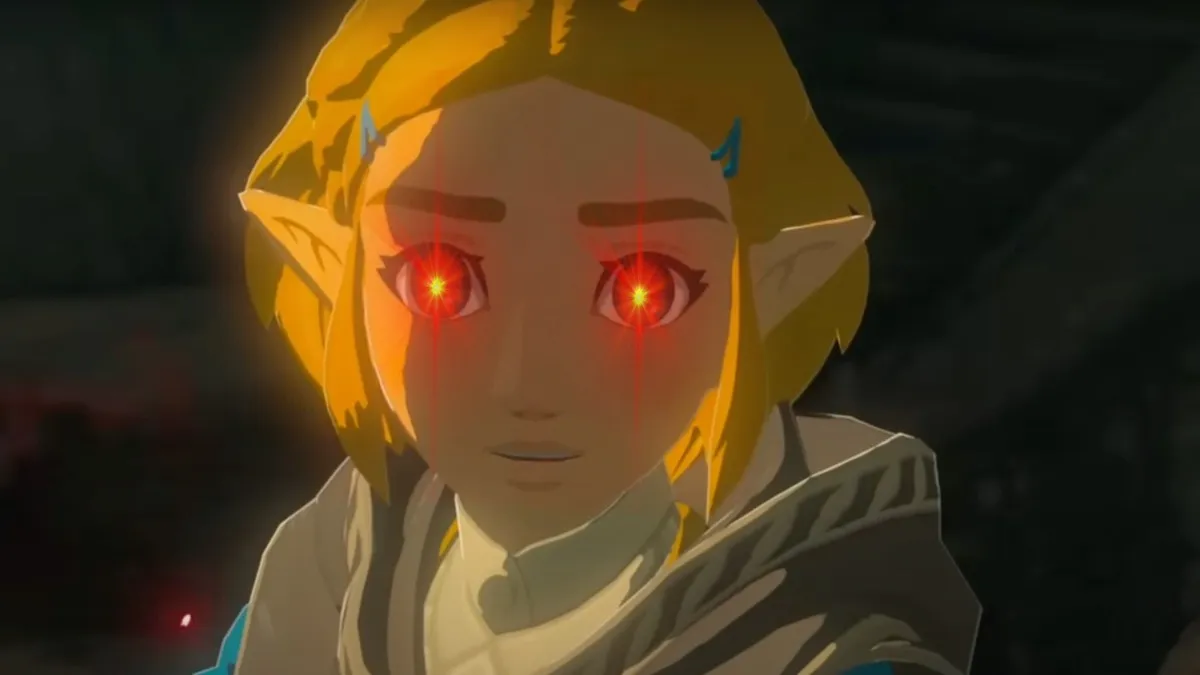
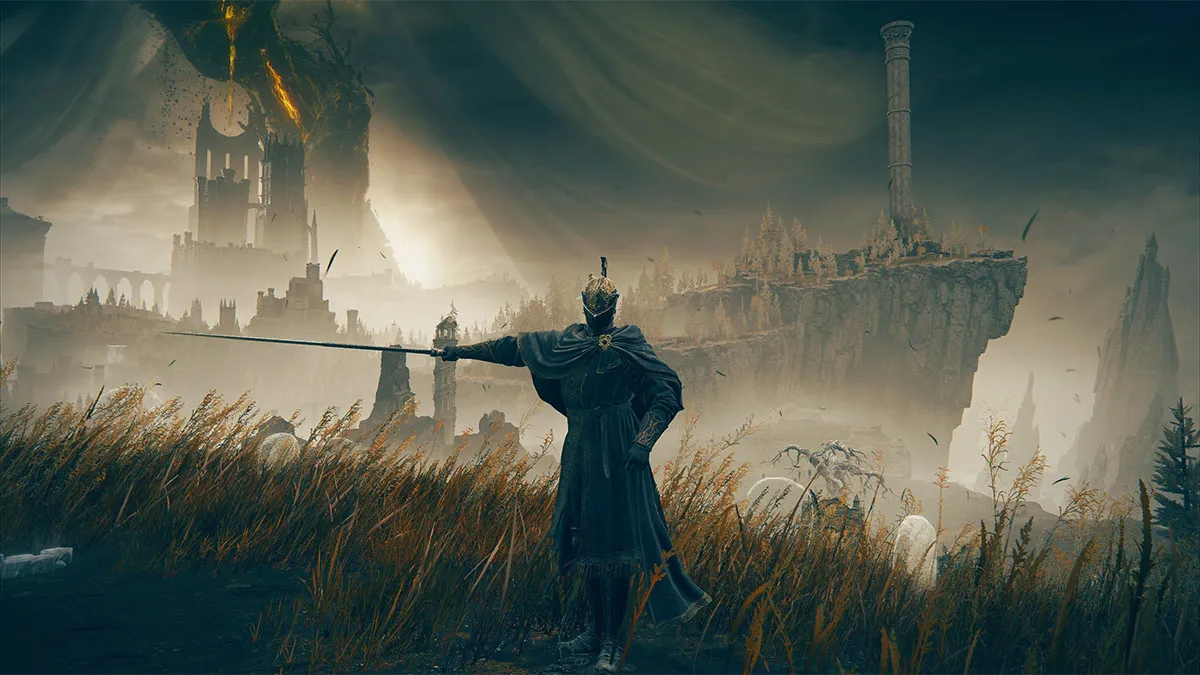
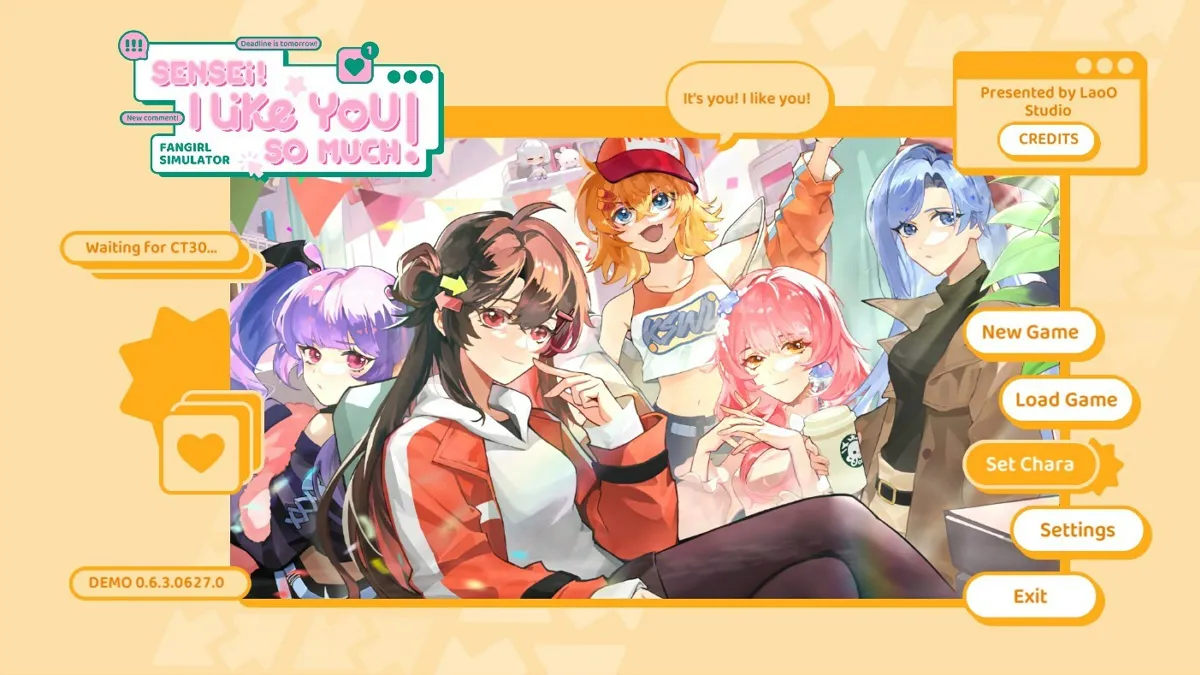

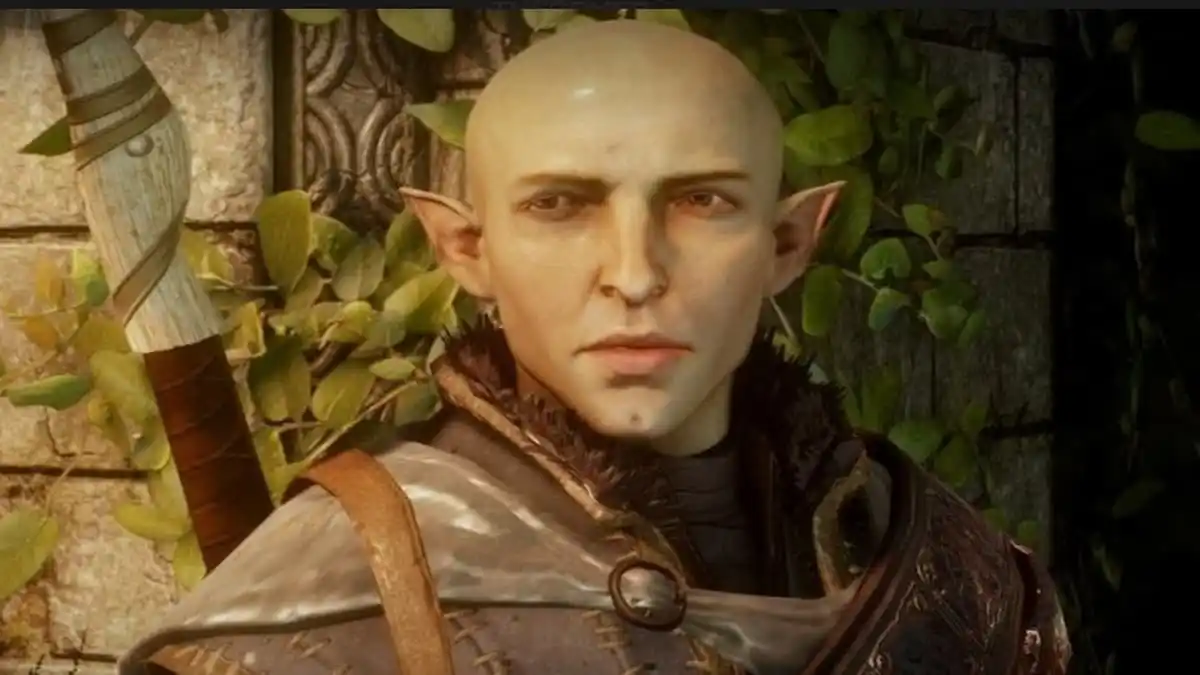
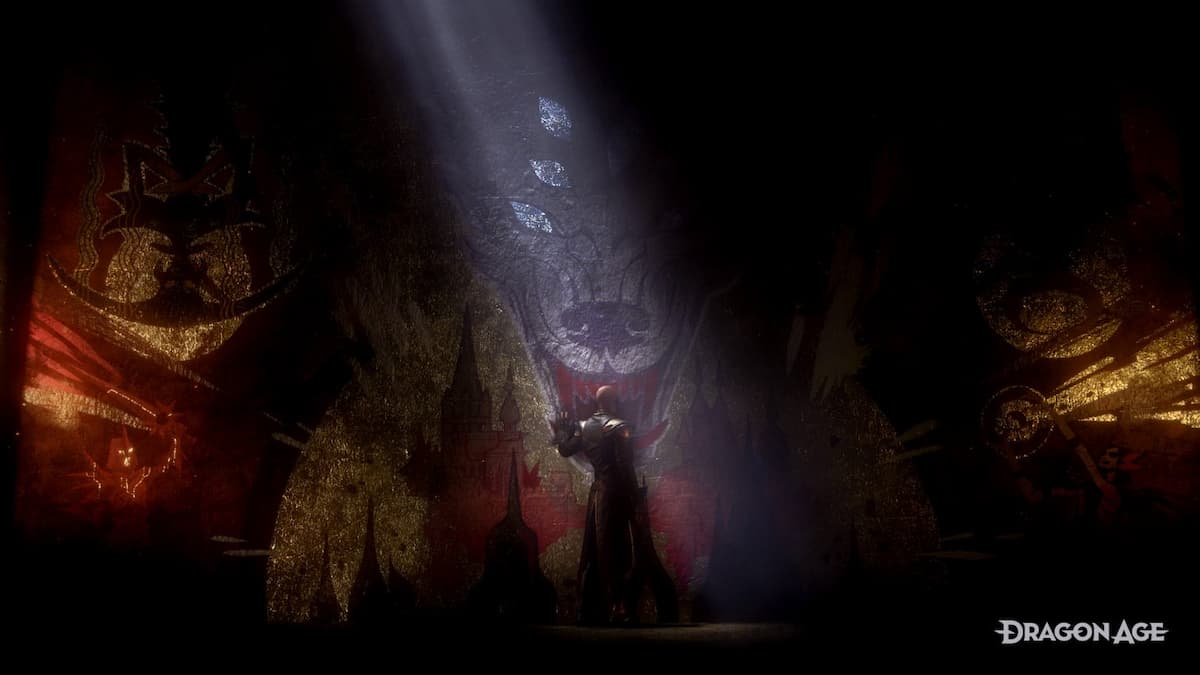
Published: Jun 24, 2024 05:02 pm